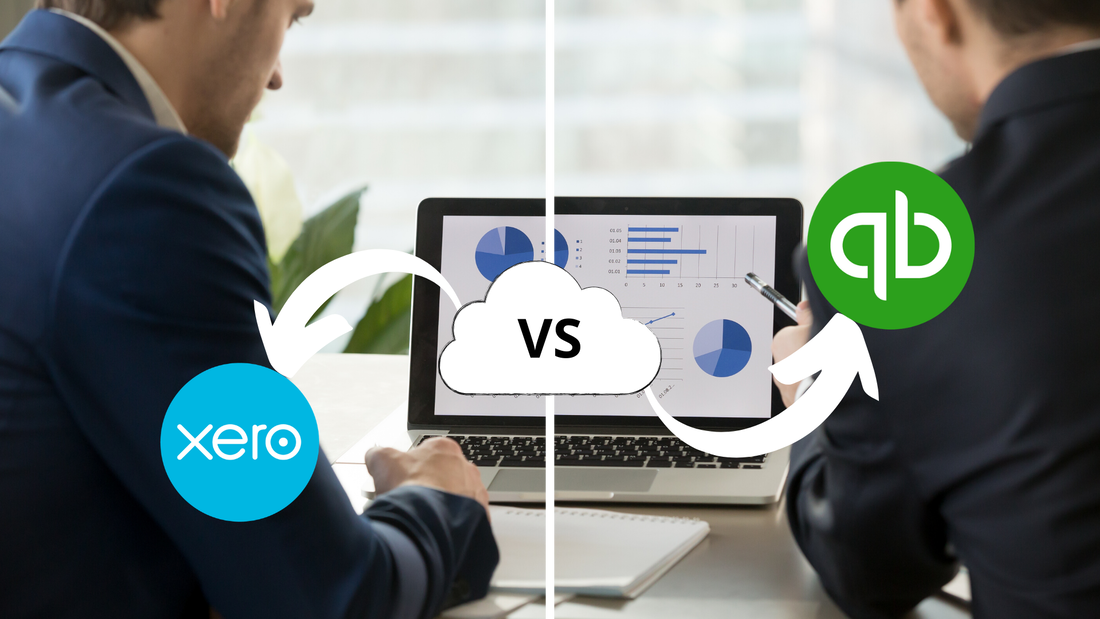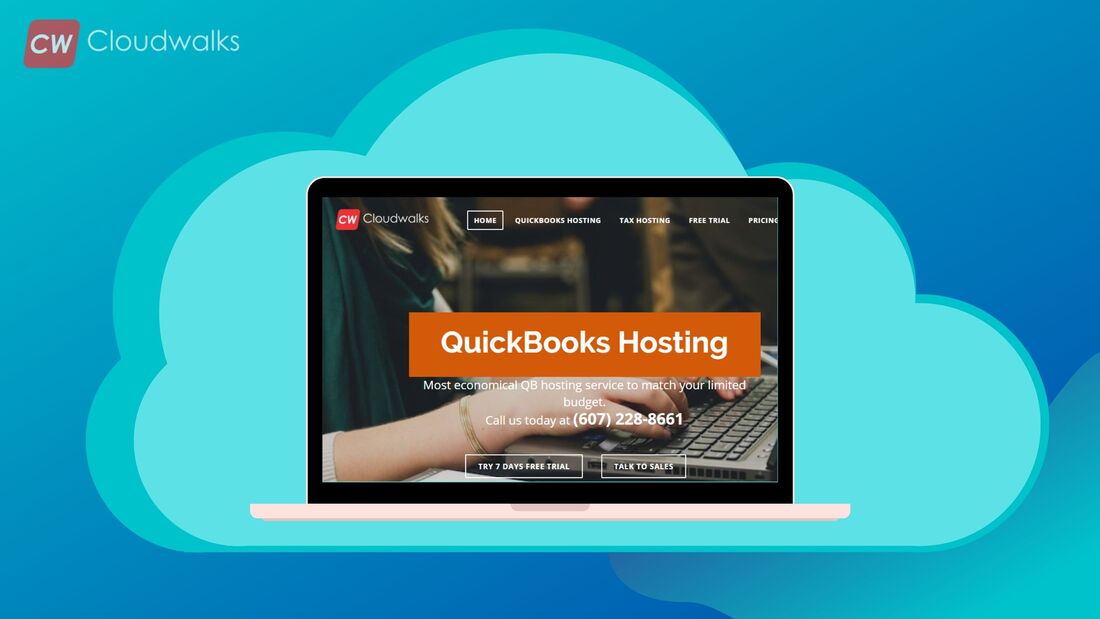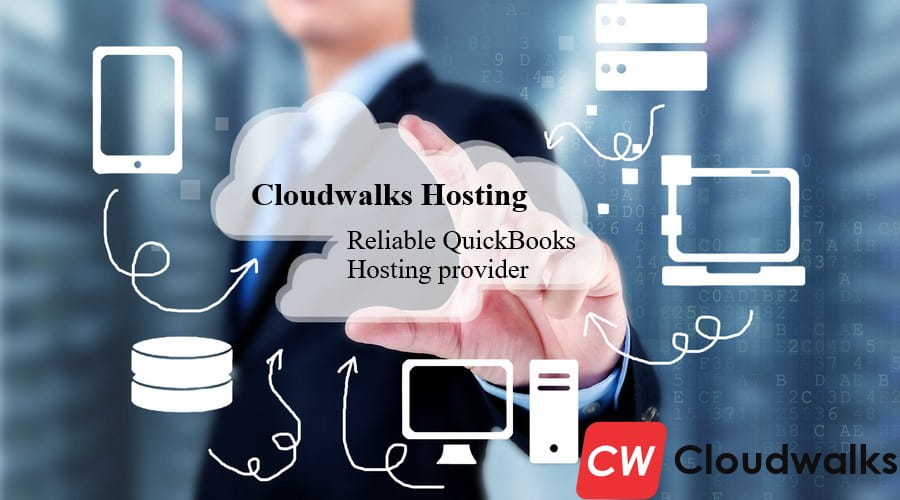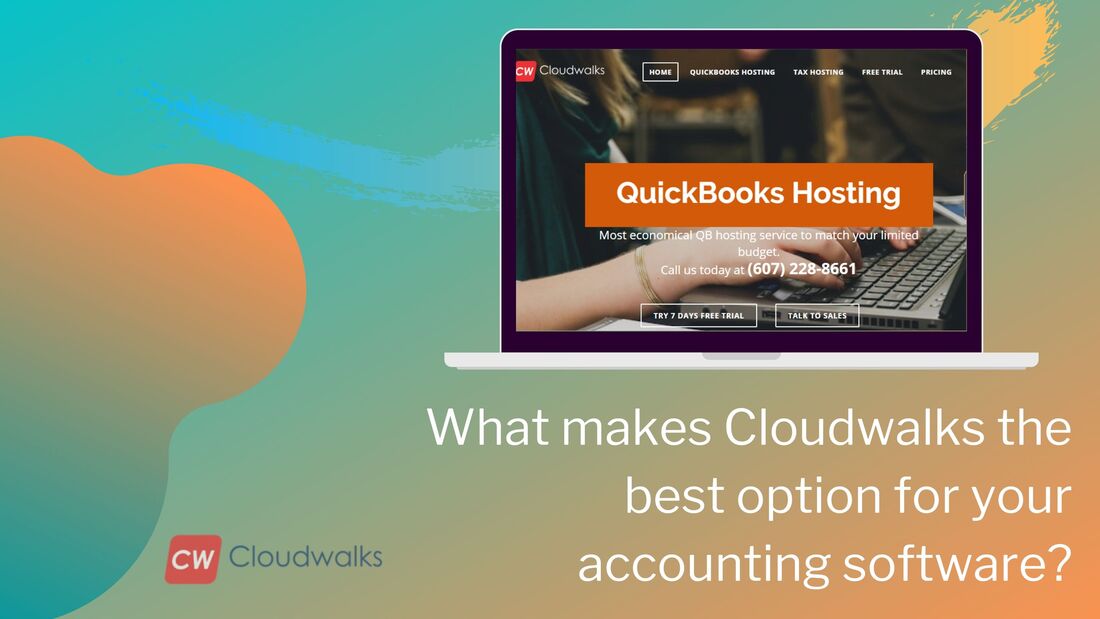IntroductionIf you are a sole entrepreneur, having an accounting software may not be necessary. However, if your business requires that you work with other people, you need accounting software to help you better organize your business. In choosing the best accounting software, some people think the price is more important. Some others prioritize ease of use. While another group of people lay more emphasis on functionality. QuickBooks and Zero are two of the leading accounting software that small and medium scale business owners can use to automate their accounting process. We look at the differences between both software and give our verdict on which of them we think is better for small businesses. 1. Different Origins QuickBooks Online is a leading accounting software developed by Intuit. It aims to offer better and smarter accounting tools for businesses. QuickBooks Online is the cloud-based version that makes automation of accounting possible. Workers can use the cloud-based version from any device that is internet enabled. There is a desktop version of QuickBooks used for accounting too. However, we will only be referring to QuickBooks Online as it compares with Xero. Xero is another leading accounting tool developed by a public tech company in New Zealand. Xero aims to make accounting beautiful for small and medium enterprises. Xero tries to make the accounting process more friendly and simple. 2. Features Both QuickBooks Online and Xero offer lots of features for both small and medium scale businesses. They offer similar features however, these features may be named differently on both platforms. Common features include invoicing, bill management, electronic banking, and payment acceptance functions. Xero Features Xero group their features into five major parts. These include Dashboard, Contacts, Accounting, Business, and Projects. Dashboard: Gives a quick summary of the enterprise. Total revenue and expenditure of the business, bank balance, and owed invoices are displayed. Users can customize the dashboard to suit their preferred style. Contacts: Here, you find a directory of your customers, clients, and suppliers. From here, you can manage your contacts by adding email, updating, or deleting information about your contacts. Accounting: This where all bookkeeping entries are made. You also record all your business banking transactions and manage your accounting charts. Business: In this section you will find purchase orders, invoicing and billing tools for products or services offered or used by your business. You can easily indicate the status of each invoice. Where a payment is made, the invoice automatically reflects a change in the previous status. Projects: If you have projects of any kind, this is where you manage them. There is a timesheet embedded to help plan project duration and keep track of time spent on projects. The Xero accounting app is available on Android and iOS devices. Users can simply manage their business accounts on the go. QuickBooks Online Features QBO offers invoicing, bill management, electronic banking, and payment acceptance functions. But it classifies its features into more categories than Xero. When entering an invoice on QuickBooks, you can choose to add the customer's bank account or credit card details. This helps you to process payments as fast as possible. Users may also allow the software to automatically update customers' payment status or let users manually update them. Users can also manage contacts and pay employees via the payroll system. There is the Report Centre that manages the financial reporting and offers a range of reporting formats to choose from. Our verdict on Xero and QuickBooks FeaturesIt is a tie. Both offer great features that are needed to ease accounting for small and medium businesses. 3. Ease of useXero seems quite easier for beginners to use compared to QuickBooks. This is one of the advantages of having only five major features on Xero. Xero also offers more Excel importing options than QuickBooks. 4. Pricing Xero has three monthly pricing plans Early — $9 per user monthly Reconcile a fixed number of bank transactions, enter 5 bills and send 5 invoices Growing — $30 per user monthly Reconcile unlimited bank transactions, enter unlimited bills and send unlimited invoices Established — $60 per user monthly Use multiple currency feature, use expenses management, and project management tools. QuickBooks Online offers four monthly plans Simple Start — $12 per month for only 1 user Essentials — $20 per month allows 3 users max Plus — $35 per month allows 5 users max Advanced — $75 per month allows 25 users max All QBO plans give users access to expenses management, invoicing, billing, sales tax tracking, and receipt management. The higher-paid plans unlock more features and give room for more users. However, the lower plans offer necessary basic accounting tools a business needs. 5. ScalingXeros is good enough for small businesses and can scale with the business. However, Quickbooks offers more in terms of scaling as it has plans that can accommodate larger enterprises then Xero can. 6. Customer support In case you are having a little challenge on how to use any of the accounting features, Xero and QuickBooks offer assistance via customer support. Xero Customer Support To get help on any issues you may have while using Xero, users can use any of the following support options.
QuickBooks Customer Support QBO offers slightly more customer support options over Xero as shown below:
7. Integration with other software You don't want to overlook the importance of software integration capacities when choosing between both accounting tools. This will help save you undue stress when you want to sync tools you are already using with your accounting tool. Integration with time trackers, reporting, e-commerce, email marketing, and Point of Sale tools are important. Xero and QuickBooks offer loys of software integration capacities in their marketplaces. We think there is a tie on Xero and QuickBooks software integration capacities. Xero pros
Xero cons
QuickBooks pros
QuickBooks cons
Conclusion Xero offers easier and simple tools for accounting at a relatively lower price. QuickBooks also offers basic accounting tools. Both software are similar in terms of functions but QuickBooks wins it when it comes to scaling. Overall, QuickBooks is marginally better than Xero when it comes to small business accounting software needs.
0 Comments
Your comment will be posted after it is approved.
Leave a Reply. |
Most useful blogs |
Hosted Applications |
Tax Hosting Services |
Accounting Applications |
ContactAddress
Cloudwalks Hosting, Inc. 40 Exchange Place, Suite 1602 New York, NY 10005 |


 RSS Feed
RSS Feed




